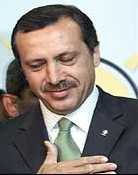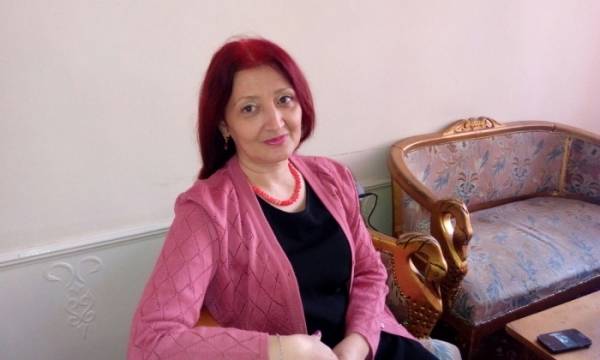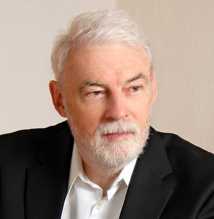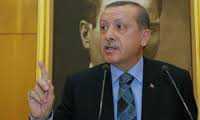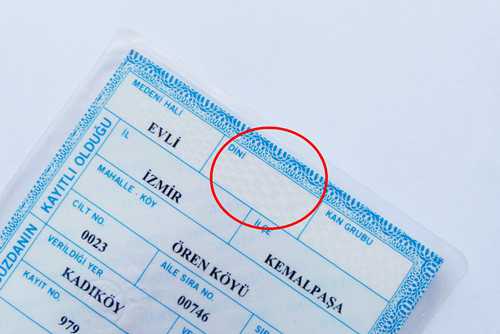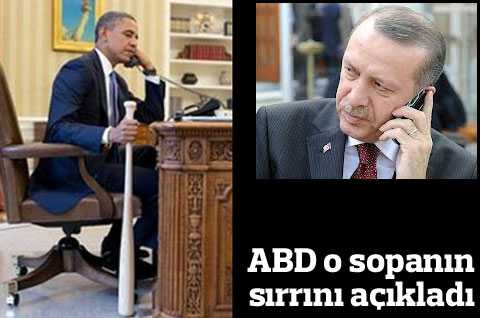 On January 26, 2004, the American Jewish Congress presented Turkey’s Prime Minister Recep Tayyip Erdoğan with its “Profiles of Courage” award for promoting peace between cultures. In a press release, the AJC reported:
On January 26, 2004, the American Jewish Congress presented Turkey’s Prime Minister Recep Tayyip Erdoğan with its “Profiles of Courage” award for promoting peace between cultures. In a press release, the AJC reported:
Turkish Prime Minister Recep Tayyip Erdogan yesterday told the American Jewish Congress that Turkey will stand firm to eradicate terrorism worldwide, offers security to its Jewish citizens, and will work to achieve peace in the Middle East.
Nothing could be farther from reality. Erdoğan has become Hamas’s leading cheerleader, a promoter of terrorism, and a force for instability in the region. It should have been clear at the time, however, that Erdoğan was insincere. After all, Erdoğan already had a history of embracing rabid anti-Semitism and harboring conspiracy theories during his tenure as Istanbul’s mayor.
The fact that Erdoğan filters everything through a religious lens became clear to me in 2005. After I had published an article about Erdoğan’s shady finances, a Turkish Jewish businessman in Istanbul contacted a Turkish Jew in Washington to tell me that Erdoğan was upset. I responded that if Erdoğan was upset, he might contact the Turkish embassy and have them, in turn, contact me care of the American Enterprise Institute. That Erdoğan thought that the proper way to do business was through religious channels, and that he saw American Jews as Jewish first and not as “real Americans,” quickly became clear in subsequent conversations. Alas, Erdoğan is not alone among Turkish officials and senior diplomats who, even if not sincere in their religious bias, certainly understand that the way to get ahead during Erdoğan’s tenure is at best to be silent and at worst try to outdo each other in their theories about world Jewry, dual loyalty, and the like.
Some in American Jewish organizations may take solace in the fact that Turkey was not historically anti-Semitic. Indeed, the basis of the Turks’ historical warm attitude toward Jews had to do with the fact that during the Ottoman Empire, Jews did not rebel the way so many others did. A little known fact about World War I was that so many Turkish Jews fought at Gallipoli, as the bulk of the Ottoman army was fighting the Russians on the eastern front when the ANZAC offensive began. Incitement takes its toll, however. President Barack Obama may toast Erdoğan, and the 135 members of the Congressional Turkey Caucus may run interference for Turkey’s worst excesses, but a decade of constant media incitement by Erdoğan’s state-controlled television and Erdoğan-endorsed film companies has, effectively, wiped out centuries of tolerance that Turkey has exhibited toward Jews, if not Armenians, Kurds, and others.
In recent weeks, Erdoğan has doubled down on bigotry. This culminated last week when the newspaper he uses as his proxy accused yours truly and the American Enterprise Institute of fabricating an elaborate plot culminating in the Istanbul protests. Never mind that the story is false. To Erdoğan and his followers, the Jews are like the Borg from Star Trek, all interconnected and occasionally ensnaring non-Jews like Secretary of State Donald Rumsfeld and Ambassador John Bolton in our nefarious plots.
Now, it’s perhaps a bit too much to expect that the White House would ever condemn such nonsense outright, even if anti-Semitism is often the canary in the coal mine warning of far greater problems. Nor should anyone ever expect the State Department to stand on the side of moral clarity, as Ambassador Francis Ricciardone’s statement made clear to all those Turks on the receiving end of police abuse and, alas, the new generation of Turks.
Perhaps the lesson for the American Jewish Congress and other Jewish organizations should be this: Base awards on lifetime achievement, not only wishful thinking. The risk of bestowing legitimacy on platforms that run contrary to the AJCongress’ mission is otherwise too great. The AJCongress’ award to Erdoğan not only did not stop Erdoğan’s anti-Semitism, but rather it for too long provided cover for it. Perhaps the organization can now mitigate the damage it has caused—and also deflate Erdoğan’s buffoonery—by publicly revoking its award.
Commentary Magazine, 24.06.2013

